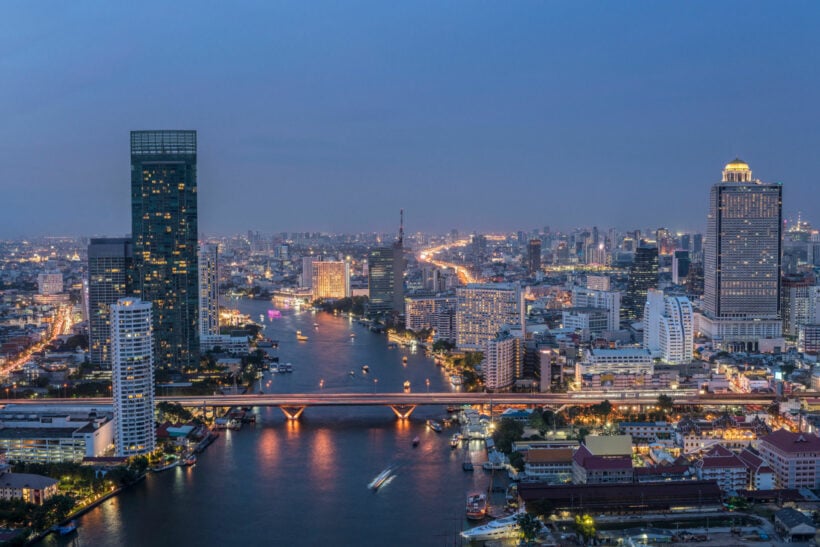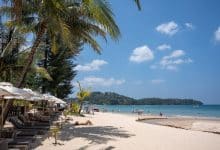Thailand’s developers struggle with ‘guaranteed returns’ in Covid-19 property crisis

by Bill Barnett of c9hotelworks.com
There is one key underlying fundamental for hotel branded residences returns, and the truism that best sums it up is that returns are a function of hotel trading performance and marketplace.
In Asia, the largest branded residences market is Thailand. According to C9 Hotelworks market research, the country represents 29% of regional supply with key markets being Bangkok, Pattaya, Phuket, Hua Hin and Chiang Mai.
In an evolving hotel ownership model that has developers passing on risk to residential property buyers, the question has to be what risks are inherent in this, given the current Covid-19 crisis? The answer is twofold in that some owners of existing units are currently under guaranteed return programs or those who are buying new projects and are expecting contracted returns.
One indication of stress in the market has come out of Australia, where the Quest Group who operate 160 serviced apartment properties in Australia, New Zealand and the Pacific have told investors who own units that have lease-back arrangements that they cannot pay due to the Covid-19 downturn.
Her in Thailand there are a variety of rental programs ranging from top line rental revenue splits to bottom line profit splits between the hotel and unit owner, and the increasingly popular lease-back arrangement. The latter was thought to be beneficial to the operator so that tenure is ensured in the project, and for unit owners who thought the lease amounted to a fixed-rental guarantee.
Commercially in Thailand, these types of contractual obligations are reflected in civil contracts and in the case of guarantees rarely are they backed by corporate undertakings, escrow accounts or bank guarantees. So in the case of a default, the only real remedy is a direct legal action. This sadly is often too costly or time consuming for single unit buyers to pursue.
With Covid-19, if force majeure is considered to be in place, a court action will have to determine who’s right and wrong. So essentially, let’s just say it’s complicated. During this past week we have seen three different projects in Thailand suspend guaranteed returns to buyers, and you can expect the number to jump in coming weeks.
The warning which is important for buyers of branded residences is that they are not purchasing a traditional real estate model, with the likely end game of capital appreciation. They are becoming de facto owners in a hotel, and as such need to carefully understand Thailand’s hotel supply and demand and performance metrics. Hotels are capital intensive and require a different standard of fit-out, operation and reinvestment vs pure residences.
It is still early days in the Covid-19 crisis, and it remains to be seen how developers who have promised guaranteed returns will fulfill these obligations, or look to negotiate a suspension of payments. For buyers of off-plan projects it’s a good time to pay closer attention to guaranteed return returns that are for extended periods of time or at high return percentages. If something looks too good to be true it probably is!
The local Covid-19 crisis will undoubtedly reset the Thai hotel industry and it’s a serious mid-term path to recovery, so expect branded residences to face these same challenges and adjust the investment outlook accordingly.
Latest Thailand News
Follow The Thaiger on Google News:


























